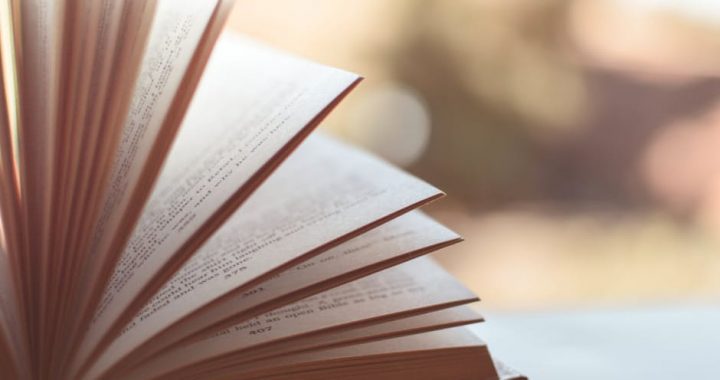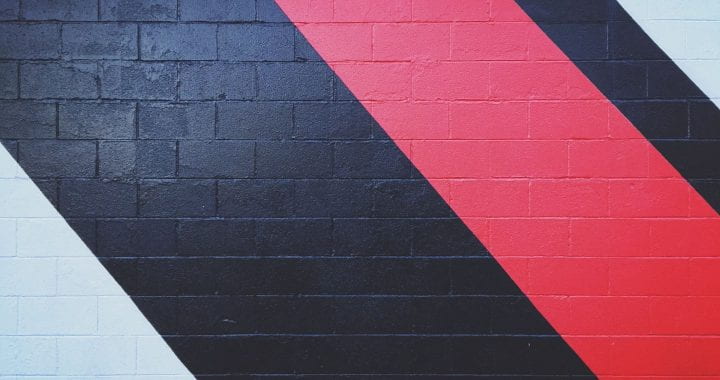Wednesday, November 2, 2022
All-Day
Join the Science & Justice Research Center at UC Santa Cruz on Wednesday, November 2nd, 2022 for Giving Day, a 24-hour online fundraising drive!
Help support the next cohort of Science & Justice student researchers by giving through one of the two below Science & Justice campaigns.
Share our Campaign for Justice!
Post on social media and tell your friends to join us on Wednesday, November 2nd.
Thank you for making a more just world possible!
Help support the next cohort of Science & Justice student researchers by giving through our Science & Justice campaigns. Your donation goes directly to supporting students and providing opportunities for them to gain valuable professional development experiences working with scholars, researchers, mentors and community members on meaningful projects.
ABOUT the SJRC
Scientific and technological discoveries increasingly shape societies, which today are simultaneously being roiled by rising inequality and injustice. The Science & Justice Research Center at UC Santa Cruz opens doors for dialogue across disciplines to address the resulting challenge of creating science and technology that serves a more diverse range of lives in the midst of these inequities. Scientists, engineers, social scientists, humanists, and artists all come together in SJRC projects to actively and urgently seek a way forward. We learn to work effectively with one another in order to create positive social change within the context of scientific and technological discovery.
Our mission is distinctive. The center’s broad systemic emphasis goes well beyond conventional bioethics and consent. We’re reimagining how justice perspectives can reshape all aspects of the scientific enterprise—from funding and agenda setting, to relationships with the corporate sector, to reward structures and scientific hierarchies to the ways in which we respond to crisis and critique.
Visit and share SJRC’s campaign page
ABOUT SJRC’s LEED Initiative
Through our Leadership in the Ethical and Equitable Design (LEED) of STEM Research initiative, it is our hope to facilitate the creation of a cross-sector, cross-national effort to reformulate the meaning of good science in a manner that creates sustained organizational culture and policy changes that advance equity and justice.
The project proceeds in three phases: background research; drafting of LEED Principles and Practices; and International Discussion and Write-Up of LEED Principles and Practices. Help us realize support a graduate student work with us and to realize LEED Principles and Practices!
Visit and share the LEED campaign page
Why Support S&J
As a Hispanic-Serving Research Institution, we’re engaging with an increasing number of young underrepresented scientists and engineers eager to integrate social justice challenges into their work.
Central to the success of our students is their ability to work on Science & Justice projects during the academic and summer terms. With your help, we can offer fellowships that support this critical dimension of the training of future leaders in the emerging field of Science and Justice.
With your support we can also:
- Support students in integrating social justice perspectives into scientific inquiry as they gain experience in critical cross-disciplinary collaborative projects and take these experiences into their professional lives.
- Bring scientists, activists, and other thought leaders to UC Santa Cruz to expand the range of research projects, teach and work with students, and enrich campus discussion.
- Support projects that connect community groups and agencies with the sophisticated science and data analytics capabilities of UCSC faculty and students, integrating a wider range of social perspectives into research models to address urgent local and national issues.
Share our Campaigns for Justice!
Post on social media and tell your friends to join us on Wednesday, November 2.
Thank you for making a more just world possible!


